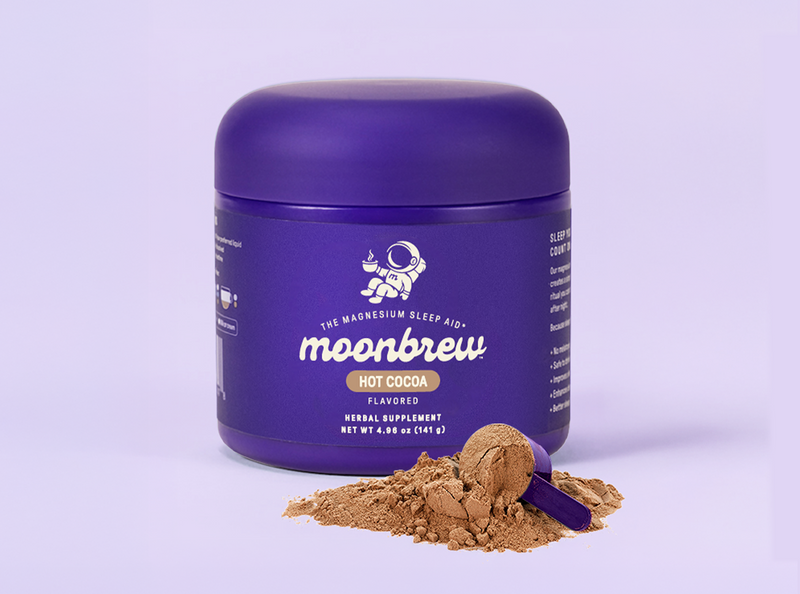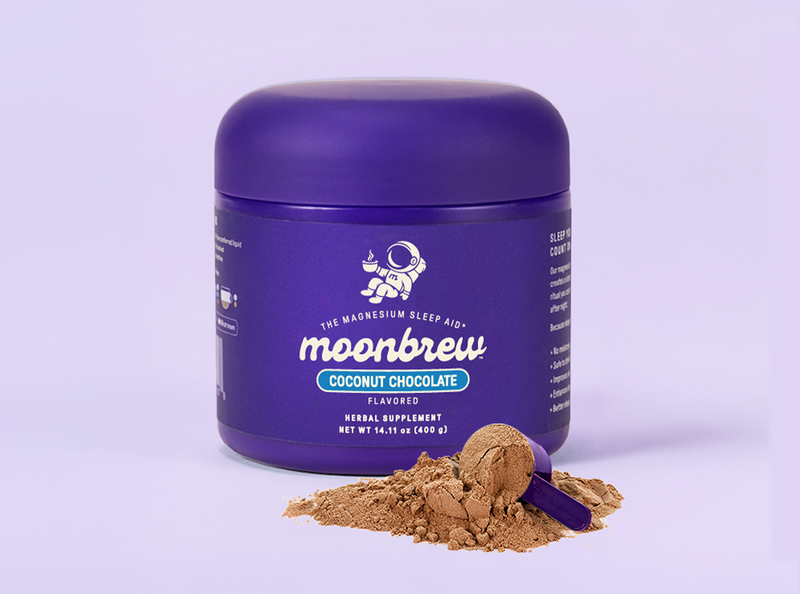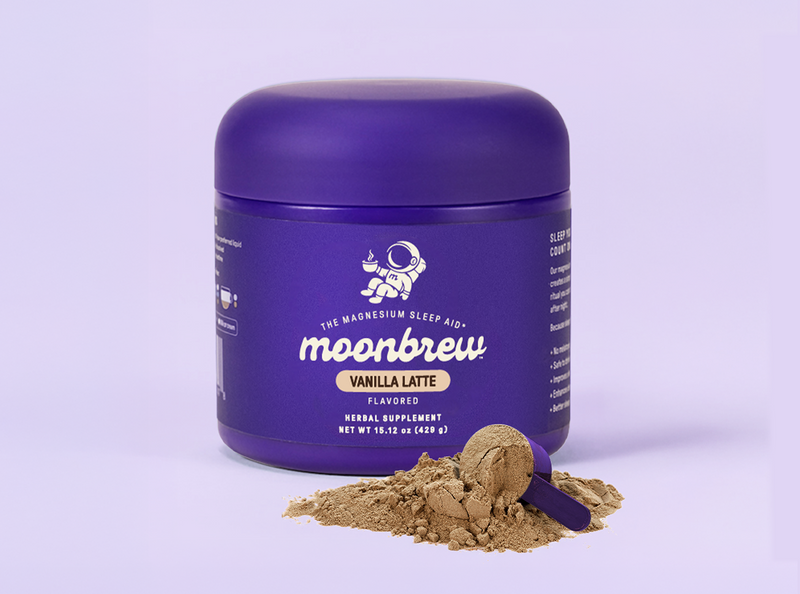In the past, if you wanted a sleep remedy, you were limited to OTC products that made you feel groggy the following day. In modern times, the market is moving towards natural sleep remedies, which help you sleep better and wake up feeling alert.
Melatonin is a popular natural sleep remedy, but research reveals it may not be as safe as advertised. It poses long-term risks that could negatively impact mental and physical health. You should review all factors to determine if it’s right for you.
What is Melatonin?
Melatonin is a hormone naturally produced by the pineal gland in the brain. It plays a crucial role in regulating the body’s sleep-wake cycle. The hormone responds to changes in light exposure, controlling the release of other sleep-related hormones, such as cortisol and the growth hormone.
Sometimes, our bodies do not produce as much melatonin as we would like. Reduced production may occur due to aging, shifts in sleep routine, exposure to light, and other factors. Many people even take melatonin to compensate for this reduced production.
Melatonin supplementation seems sensible on the surface. It provides our body with a hormone we lack, resulting in sleep-inducing results. However, some research reveals that it may produce unwanted long-term side effects.
Short-Term Use: Generally Safe, But…
Melatonin is generally safe for short-term use. Experts recommend taking it for 1-2 months, then stop using it to see how you sleep. Depending on how you feel, you may reintroduce it after a few months without use, if necessary. Otherwise, you should move on to another sleep remedy.
Additionally, melatonin has been known to produce side effects, even with short-term use. They include:
- Drowsiness
- Headaches
- Vivid Dreams
- Nausea
- Vomiting
- Dizziness
- Irritability
- Bedwetting
- Sleep disruptions
The Long-Term Risks of Melatonin
Despite possible side effects, melatonin is generally safe for short-term use. It’s the long-term use you need to be concerned about. Long-term users may experience:
1. Hormonal Disruptions
A 2023 study looked at the adverse effects of long-term melatonin use in children and adolescents, finding it could delay puberty by decreasing melatonin plasma concentrations. Additionally, because melatonin is a hormone, it could affect menstrual cycles and cause an overproduction of prolactin, which is crucial in breast development and milk production. Some research suggests it may also inhibit testosterone secretion.
2. Dependency & Reduced Natural Production
No studies have revealed that melatonin is addictive or reduces the body's natural production. However, it could be mentally addictive. Some people may fall into the habit of using melatonin and may find they are unable to sleep without it. The processes behind this dependence may be more mental than physical, but they must be considered.
3. Impact on Mood & Mental Health
Some studies suggest melatonin may have adverse effects on mood and mental health, especially on people with existing conditions. A 1976 study involved administering melatonin to moderately to severely depressed patients. The hormone increased dysphoria and led to weight loss and sleep loss.
Other people have cited depression as a melatonin side effect. A 2021 study mentioned its potential to act as a temporal cue leading to the indirect impacts on depression and the immune and stress response systems.
4. Potential Interaction with Medications
Melatonin may interact with medications including anticonvulsants, blood pressure medications, sedatives, diabetes medication, immunosuppressants, and antidepressants. It may also interact with herbal supplements like valerian root and St. John’s Wort. If you take supplements or medications, speak to your doctor before using melatonin.
5. Disrupted Sleep Patterns
Although melatonin may help you fall asleep faster, its effects on total sleep time and sleep quality are unclear. Many people who take melatonin report disrupted sleep patterns that may worsen after administration.
Alternatives to Melatonin
Unfortunately, melatonin causes unwanted side effects. However, other natural products promote sleep. They include:
- Adaptogens: Adaptogens like Reishi and L-theanine are effective in promoting sleep. They make the nervous system less sensitive to stress, which can keep people awake at night. They also promote relaxation and support better sleep quality.
- Magnesium binds to GABA receptors to activate GABA and reduce nervous system excitability. It also suppresses calcium concentration in the muscle cells causing muscle relaxation. It decreases cortisol production, calms the nervous system, and supports better sleep.
- Chamomile: Chamomile has been shown to reduce sleep disruptions and improve sleep. It is believed to have sedative properties that calm the nervous system. It also contains apigenin, a flavonoid that binds to benzodiazepine receptors in the brain to reduce anxiety and may support melatonin production.
- Zinc: A 2017 study revealed that zinc may improve human sleep quality and increase NREM in mice. It is believed to impact glutamatergic transmission and other types of neurotransmission and aid with the transformation of tryptophan into serotonin and melatonin. Poor sleep has been identified as a symptom of zinc deficiency.
- Jujube Seed: Jujube seed contains compounds like phenol, flavonoid, and saponin which may interact with the GABA system and neural transmitters to promote better sleep. It has been shown to improve sleep quality in postmenopausal women. The herb may also treat insomnia and other sleep disorders.
These natural sleep remedies have something in common beyond their ability to enhance sleep. They can all be found in MoonBrew's tasty teas and hot chocolates. Our products are 100% melatonin-free and promote sleep without grogginess and unwanted side effects.
Relax and make them a part of your nighttime routine.
Final Sips
Melatonin is a popular sleep aid, but modern research has discovered its potential to cause side effects. It can be especially harmful when taken in the long term. Fortunately, other all-natural remedies like MoonBrew combine adaptogens, minerals, and superfoods for the soothing effects you want from Melatonin, but without its detrimental results. Which will you add to your sleep regimen?




